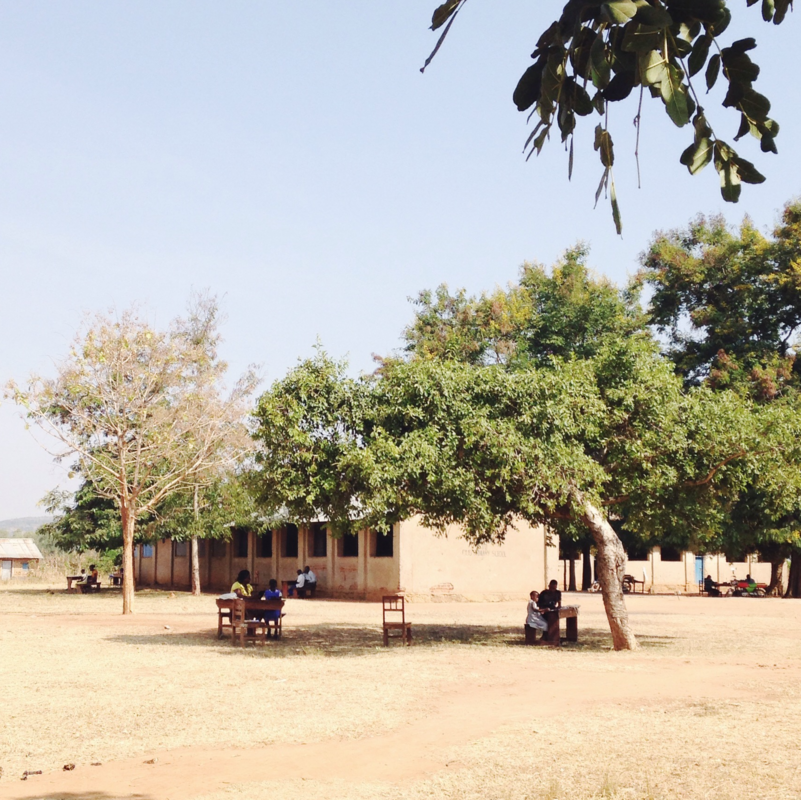
In early 2016, Jigsaw conducted a quasi-experimental baseline study of Grade one literacy and numeracy levels in Kenya and Uganda for the Aga Khan Foundation (AKF).
AKF's ICT programme, 'Transforming Student Learning and Teacher Professional Development through ICT' will install ICT equipment in a total of 63 primary schools in Kenya and Uganda, including laptops and tablets pre-loaded with tailored digital content. Approximately 500 primary teachers will be trained and supported in using ICT and integrating it into the classroom, and they will also be supported through an SMS-based mentoring system.
The baseline study used a quasi-experimental approach to capture student learning outcomes in 38 'intervention' schools and 38 'control schools, using standardised Early Grade Reading and Maths Assessments (EGRA and EGMA). The study also included a wide range of interviews and focus groups to capture head teacher and teacher perspectives on the use of ICT to enhance teaching and learning.
Jigsaw recruited and trained a team of local enumerators to administer the EGRA and EGMA assessments using RTI's digital Tangerine tool, and the tools were administered to students during private, one-to-one interviews. The study established the learning outcomes of 933 students in Kwale County in Kenya, and 982 students in Arua County in Uganda. Enumerators also collected auxiliary information about the learning environment through student, teacher and head-teacher surveys and school inventory logs. Rich, qualitative data was collected through in-depth focus group discussions, interviews and lesson observation.
The baseline study documented differences in learning outcomes and ICT exposure in the two regions. Jigsaw provided recommendations to AKF on the implementation of the programme. An endline study will be conducted at the end of 2017 to establish the impact of the programme on student learning outcomes and ICT access and capacity.

